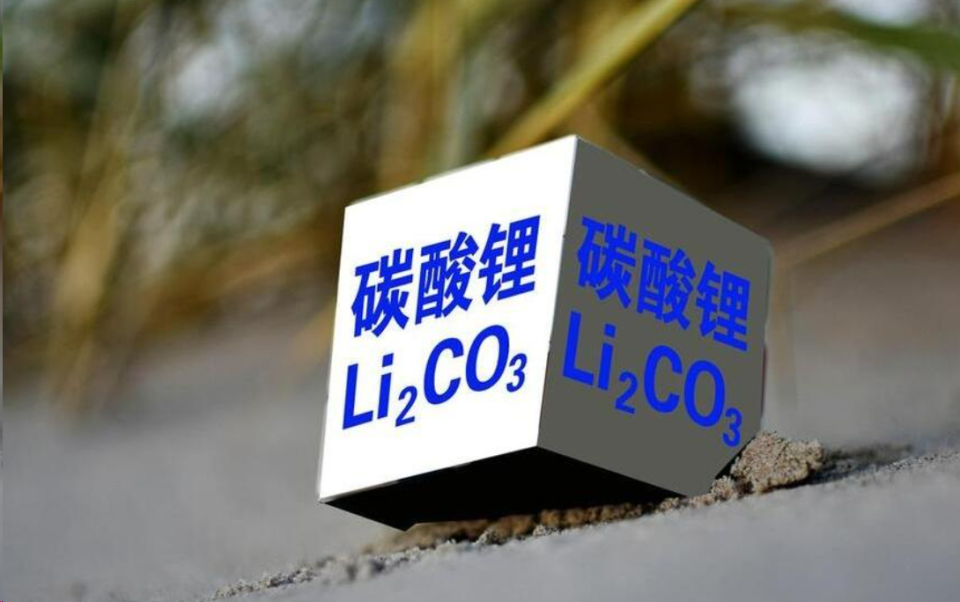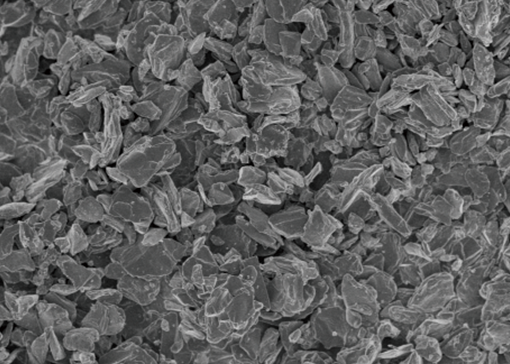China's first shipment of sodium-ion power batteries makes its global debut!
Polaris Energy Storage Network learned that on June 3rd, a batch of sodium-ion power battery packs for automobiles successfully cleared export procedures after passing an on-site dangerous goods packaging use inspection by customs officers from Ningde Customs (a division of Fuzhou Customs) and obtaining the corresponding Dangerous Goods Packaging Usage Qualification Certificate. This marks China's first export of sodium-ion automotive power batteries.
Sodium-ion batteries (SIBs) are a novel type of rechargeable battery. Their working principle is similar to lithium-ion batteries (LIBs), relying on the shuttling of sodium ions between the positive and negative electrodes for charging and discharging. Their core strengths lie in abundant resources, low cost, and enhanced safety – sodium is vastly more plentiful in the Earth's crust than lithium, raw material costs can be reduced by 30-40%, and they offer superior thermal stability. Their energy density is comparable to lithium iron phosphate (LFP) batteries, and they possess excellent low-temperature performance (>85% capacity retention at -20°C) and fast-charging capabilities. By leveraging sodium's resource abundance, suitability for cold climates/fast charging, and intrinsic safety, SIBs complement LIBs' weaknesses, creating a dual-track development pattern characterized by "lithium batteries for high-end applications and sodium batteries for popularization", providing crucial support for carbon neutrality goals. Once sodium-ion automotive power batteries achieve widespread vehicle adoption, they will further enhance China's competitive edge in the new energy sector and offer significant cost advantages for the global expansion of China's new energy industry.
As sodium-ion batteries fall under Class 9 Miscellaneous Dangerous Goods, relevant international regulations like the UN Recommendations on the Transport of Dangerous Goods, Model Regulations, stipulate that customs authorities must conduct on-site inspections to verify the suitability, compliance, and safety of their packaging before export shipment. Only after passing the inspection and obtaining the relevant certificate can enterprises proceed with export clearance formalities. "As this was our first time exporting sodium-ion battery packs, we had many questions about the goods," said Liu Jie, Head of Planning and Logistics Control at Contemporary Amperex Technology Co., Limited (CATL). "Ningde Customs provided detailed guidance on key issues such as UN markings, specifications, weight, labeling/marking, and air transport safety reports for dangerous goods packaging, making our exports go more smoothly."
To accelerate the global expansion of new energy batteries, Ningde Customs has leveraged its customs assistance team mechanism and the General Administration of Customs (GAC) Level-1 Monitoring Point for Quality and Safety Risks of New Energy Batteries. While strictly enforcing dangerous goods inspections and ensuring export product quality and safety, they have opened a "green channel" for scheduled inspections. This channel is further enhanced by the model combining"document pre-review + priority inspection for AEO-certified enterprises + rapid certificate issuance"to quickly respond to companies' customs clearance needs. "Under this model, customs issued the 'Certificate for the Use of Packaging for the Transport of Dangerous Goods' the same day, enabling 'immediate inspection upon declaration and prompt release upon compliance', thereby supporting the smooth export of new energy batteries," explained Chen Xinlu, Head of the Inspection Division at Ningde Customs.
RELATED POSTS
Lithium Carbonate Hits Rare Price Limit Up! Has Industry Restructuring Concluded?










